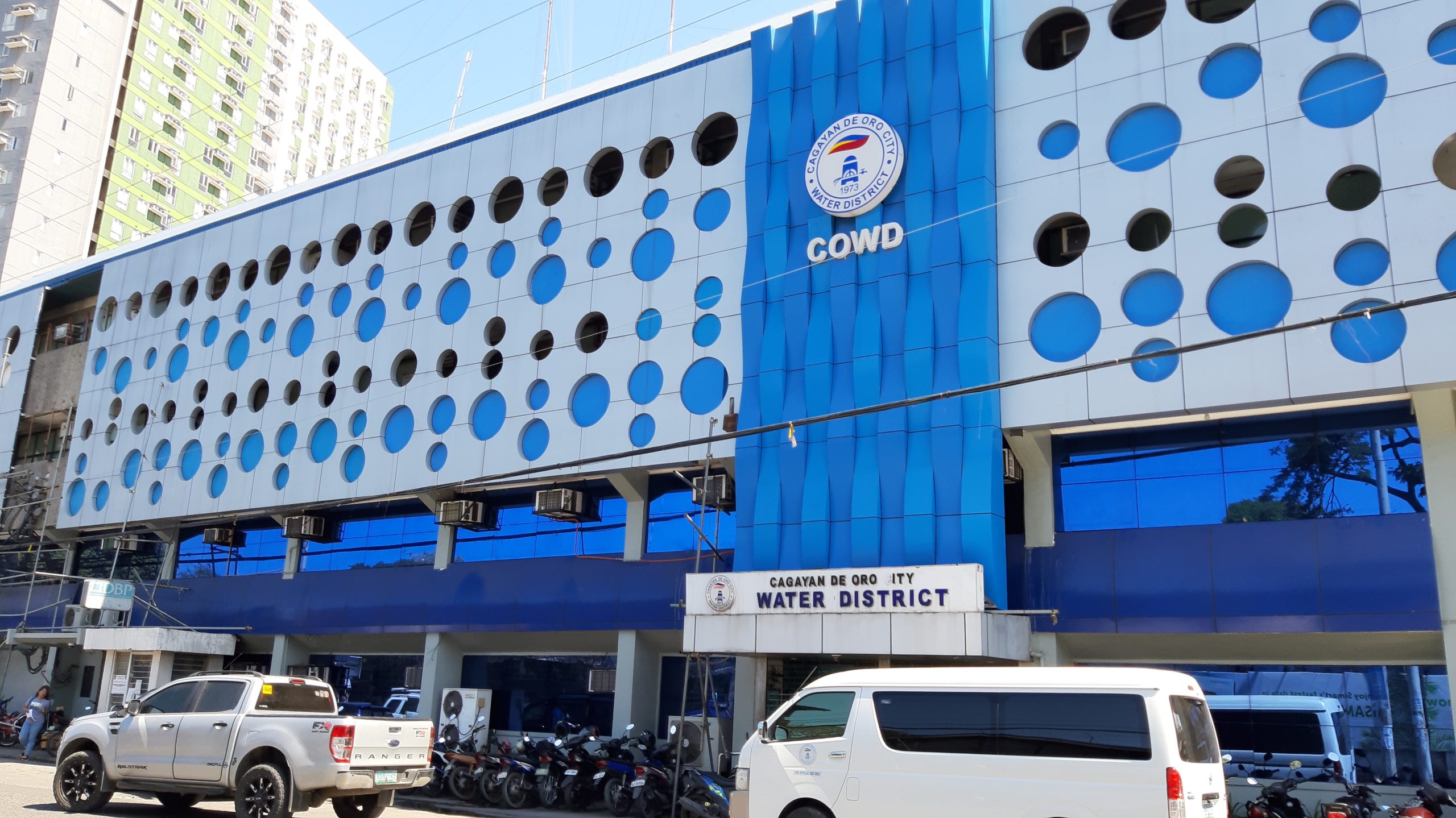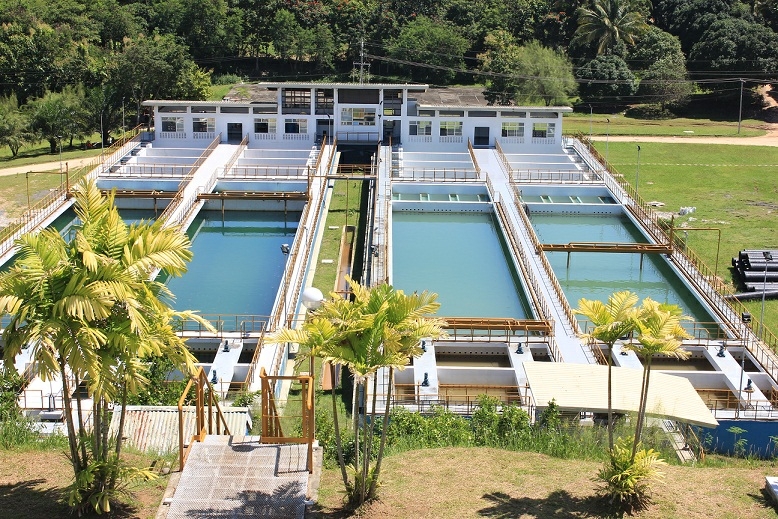
By Lina Sagaral Reyes, Special Correspondent .
THE ricefields are virtually gone now in Barangay Sirib, in Davao City’s Calinan district.
But still the Bagobo Klata women’s nimble feet continue to step in cadence with brass gongs when dancing the Miyamas neng Ommoy, or the dance of the huskless rice, on occasions of thanksgiving.
The nomadic but self-reliant farmers had become farmhands in banana plantations, durian and jackfruit tree farms, and pineapple fields in recent decades as 5,000 hectares of rice paddies began disappearing, 40 percent of the village’s land area of 13,000 hectares.
And yet these Indigenous People (IP), who make up 80 percent of the barangay population, continue to stave off their hunger with steamed rice at almost every meal, just like most Filipinos.
Potentially sustainable
”Tungod kay pinaka gikinahanglan sa among lugar ang bugas, mao nga produkto, nga maoy gipangita sa katawhan (Because rice is a most necessary product that people here look for), explained Jimboy Abi why of the many other possible projects they could start, his group of 16 families chose to sell rice and other foodstuff to villagers under the Sustainable Livelihood Program (SLP), a flagship endeavor of the Department of Social Welfare and Development (DSWD).
Abi said that his group agreed to open a Bal las toh, or a store selling rice and other foodstuffs, with a seed grant worth P160,000 in March last year, to ensure food security among its members and the rest of the store’s clientele.
The SLP as envisioned by the DSWD is a government capability-building program that ‘’helps improve the socio-economic conditions of the poor households and communities through accessing and acquiring necessary assets to engage in and maintain thriving livelihoods.
From 2011 to 2019, the SLP has served 1,663,921 households nationwide through the development of micro-enterprises like Bal las Toh. About 76 percent of the established micro-enterprises has been sustained, with 82,126 on-going projects.
Despite its being still a young undertaking, Bal las Toh has the potential of becoming sustainable in the long run as it is linked to the economic value chain, a characteristic that, for Paterna Ruiz, undersecretary of the Anti-Poverty Commission (NAPC), emphasized as vital to the meaningful sustainability of any micro-enterprise. A value chain, according to Ruiz, involves a set of activities in a particular industry needed in order to deliver a product for the market. In this instance, the micro-enterprise sells rice and other basic necessities. Through this, the former rice farmers install themselves back into the value chain though no longer as producers but as retailers.
Being members of the Indigenous Peoples (IP) known as Bagobo Klata, Abi and his group members availed of the SLP seed grant through the Pantawid Pamilyang Pilipino Program (4Ps), particularly for those under the Modified Conditional Cash Transfer scheme deemed sensitive to IP needs, cultures, and traditions.
Reclaiming entrepreneurial spirit
For years, before this store was established, the communities used to purchase their rice and other food needs from the city, about 14 kilometers away. Now, with a store just a stone’s throw away from neighborhoods, many households save time and money for fares.
The micro-enterprise also plowed back a monthly P600-rice subsidy fund to their the grantees’ communal coffers which used to be the middle seller’s instant profit.
This early, Abi has witnessed how the SLP micro-enterprise, with its profits would later augment the incomes of many families like his.
“Now, under the SLP program available to 4Ps grantees like us, our store’s daily receipts amount to P2,000 to 5,000, and we are able to deposit around P10,000 monthly,” he noted.
Aside from availing of skills needed for livelihood endeavors, every member tends a vegetable garden to ensure food security, particularly for their growing children who are in school. Like 4Ps beneficiaries elsewhere, they are encouraged to grow their own vegetables and fruits in line with the 4Ps goal to improve their quality of life, especially their children’s health and nutrition.
Imperceptible changes
There are three other food-centered micro-enterprises in Barangay Sirib began last year, and these projects appear to make a difference to the lives of village residents, said Marcelina Antogop, Sirib barangay chair.
Other changes in people’s lives, imperceptible at first, began to be noticed.
Antogop noted that reports of domestic violence and alcoholism among men had lowered in the past two years as more and more of the Bagobo Klata families availed of the various livelihood and training opportunities under the DSWD SLP.
As community chief leader of Sirib’s 5,000 residents, these burgeoning micro-livelihood projects are Sirib’s sources of collective pride. For her, not only do they develop the people’s entrepreneurial skills but they also build solidarity among neighborhoods, particularly during the Covid-19 pandemic when life-saving food and its sources are the people’s major priorities.
Another new enterprise of 25 Bagobo Klata families, about 200 meters away from Bal las, is the Centro Sirib Bakeshop.
”Generations before ours were used to making bibingka (rice cakes) and biko, and here, our generation moves on to baking bread,” said Maridel Ligones, 22, who oversees the communal bread stall two hours a day. Other members take turns in managing the bakery during the week, contributing two hours or more of service.
Loaves of bread shaped into lechon (roasted pig), crab, and shrimp are the bakery’s unique comes-on.
”These shapes represent the three cultures in our village,” she said.
The Christian lowlanders patronize the roasted pig while the shrimp is for the Tausug residents, whose cuisine incorporates the seafood in many recipes. The crab holds a special place among the Bagobo Klata. They used to hang crab shells on their doors as charms and to honor Taragomi, the spirit guardian of all food in Bagobo cosmology.
But the bakery does not mean the Klata here have lost their ties to an ancestral diet and cuisine that includes root crops.
”We continue to plant cassava in our communal garden and so we can still cook mulloh neng hunong,” said Loyola Tan, a member of Abi’s group. A years-old recipe in her family, mulloh is cassava and young coconut placed in bamboo receptacles and steamed over wood fires, described 55-year-old Tan.
Tan who is also, another Pantawid grantee, says she will pass on the steps of the rice dance to her daughter Shirley. So does pregnant Minda Edding, 25, to her future third child, who belongs to the Center Bibo micro-enterprise.
Dance steps, rice and cassava recipes, and crab shells for Taragomi are the legacies for the next generations of this Indigenous Peoples in this remote Davao City barangay. So will be breadmaking, entrepreneurial skills, business acumen, and solidarity.
Finding everyday expression in nurturing the Bal Las Toh and the Sirib Centro Bakeshop, the daughters and sons of Abi, Tan, Edding and other Bagobo Klata 4Ps and SLP grantees are assured of a more hopeful heritage tomorrow. With reports from Joanna Rica Millama, Ivan Eric Salvador, Anthony Rebamonte, Ivan Nel Agudo, and Joseph Arnel Deliverio.
Disclaimer
Mindanao Gold Star Daily holds the copyrights of all articles and photos in perpetuity. Any unauthorized reproduction in any platform, electronic and hardcopy, shall be liable for copyright infringement under the Intellectual Property Rights Law of the Philippines.








